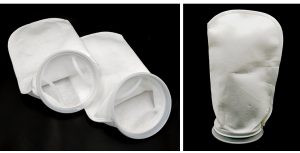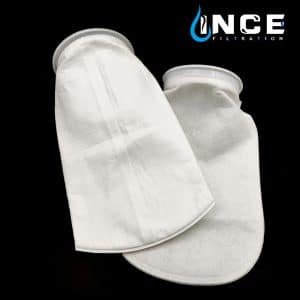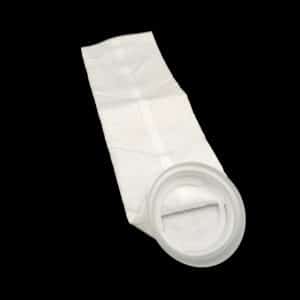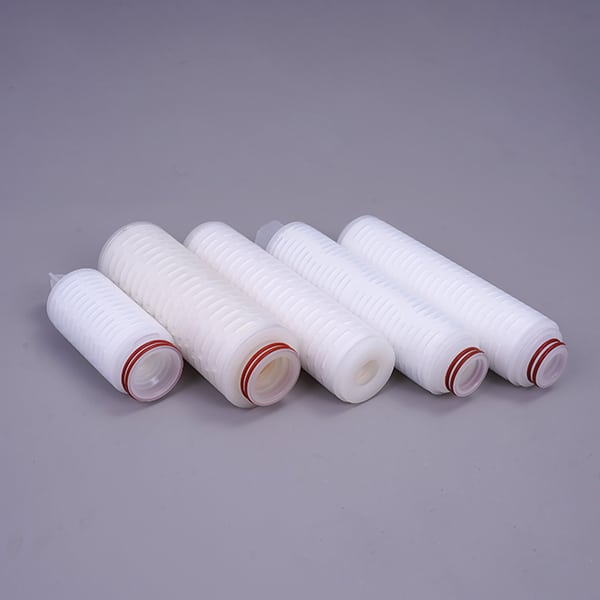The Ultimate Guide to Liquid Filter Bags: Types, Applications, and Considerations
Liquid filter bags play a crucial role in various industries by effectively removing solid particles from liquids. From water treatment to food and beverage production, these bags ensure product purity and protect downstream equipment. This comprehensive guide will explore the different types of liquid filter bags, their applications, and key considerations when choosing the right filter for your needs.
What Are Liquid Filter Bags?
A liquid filter bag is a filtration device designed to capture particulate matter from liquids. They work by trapping unwanted solids, thus allowing clean liquid to pass through. Liquid filter bags are available in various materials, sizes, and micron ratings, making them versatile for different industrial applications.
Types of Liquid Filter Bags
- Felt Filter Bags
- Made from synthetic fibers such as polyester or polypropylene, felt filter bags offer depth filtration. They are effective for capturing particles within the material and are commonly used in water treatment and chemical processing. Felt bags are known for their high dirt-holding capacity and affordability.
- Mesh Filter Bags
- Constructed from nylon monofilament or multifilament mesh, these bags provide surface filtration. They are suitable for applications requiring the removal of larger particles and are often reusable, making them cost-effective in industries like food and beverage.
- High-Efficiency Filter Bags
- These filter bags feature multi-layer designs to increase filtration efficiency, often with absolute micron ratings. They are ideal for industries requiring fine filtration, such as pharmaceuticals and specialty chemicals.
Micron Ratings: What You Need to Know
The micron rating of a filter bag is a critical factor in determining its effectiveness. Liquid filter bags are available with ratings from 1 micron to 1500 microns.
- Nominal Micron Rating: Indicates the filter’s ability to remove a percentage of particles at the specified micron size.
- Absolute Micron Rating: Guarantees the removal of at least 99% of particles of the stated size, making it suitable for precise applications.
Material Considerations
Choosing the right material for your liquid filter bag is essential for ensuring compatibility with the liquid being filtered:
- Polypropylene: Widely used for its chemical resistance and affordability, suitable for a variety of applications.
- Polyester: Known for its durability and temperature tolerance, commonly found in industrial settings.
- Nylon Mesh: Offers excellent reusability and is ideal for applications requiring surface filtration.
Common Applications of Liquid Filter Bags
- Industrial Water Treatment
- Liquid filter bags are essential in removing impurities from water in cooling towers, boilers, and wastewater treatment facilities. They help maintain system efficiency and reduce equipment wear.
- Food & Beverage Industry
- In food processing, these bags filter liquids like oils, juices, and beer. Using FDA-compliant filter bags ensures that the filtration process adheres to safety regulations, vital for producing high-quality consumables.
- Chemical Processing
- Filter bags designed for chemical applications must withstand harsh conditions. Materials like polypropylene are commonly used to filter acids, solvents, and other reactive substances.
- Pharmaceutical Filtration
- In the pharmaceutical industry, high-efficiency filter bags are used to remove fine particles from process liquids. Absolute rated filter bags are essential for maintaining product purity and compliance with stringent regulations.
Custom Filter Bag Options
Many manufacturers offer custom liquid filter bags tailored to specific industry needs. Customizations may include different top ring styles, sizes, and specific material combinations to enhance performance. This flexibility ensures that businesses can find the right filtration solution for their applications.
Advantages of Using Liquid Filter Bags
- Cost-Effectiveness: Compared to other filtration methods, liquid filter bags are generally more affordable while offering high flow rates and efficiency.
- High Dirt-Holding Capacity: Felt filter bags, in particular, can hold significant amounts of dirt before needing replacement, minimizing downtime.
- Customizability: The option to tailor filter bags to specific needs helps industries optimize their filtration processes.
Environmental Considerations
With increasing focus on sustainability, many industries are shifting towards reusable filter bags. These can be washed and used multiple times, reducing waste and long-term costs. For example, nylon mesh filter bags are often reused in applications that do not involve hazardous materials.
Conclusion
Whether you are involved in industrial water treatment, food production, or chemical processing, understanding liquid filter bags and their applications is crucial for maintaining product quality and operational efficiency. By considering factors such as micron ratings, materials, and specific applications, you can choose the right filter bag that meets your needs.
Integrating relevant keywords such as liquid filter bags, micron rating, high-efficiency filter bags, and custom filter bags will help improve your online visibility and ensure that potential customers can easily find your products.
By prioritizing effective filtration solutions, industries can ensure cleaner, safer products while optimizing their operational costs.
Customized Swimming Pool Water Filter Bag Various Microns PP PE Liquid Filter Bags

High-Performance Liquid Filter Bags: The Key to Efficient Water and Liquid Filtration

Comprehensive Guide to Filter Bags and Related Products: A Solution for Clean Air, Water, and Dust Management

Discover Quality and Reliability with Leading Polyester Filter Bag Manufacturers

